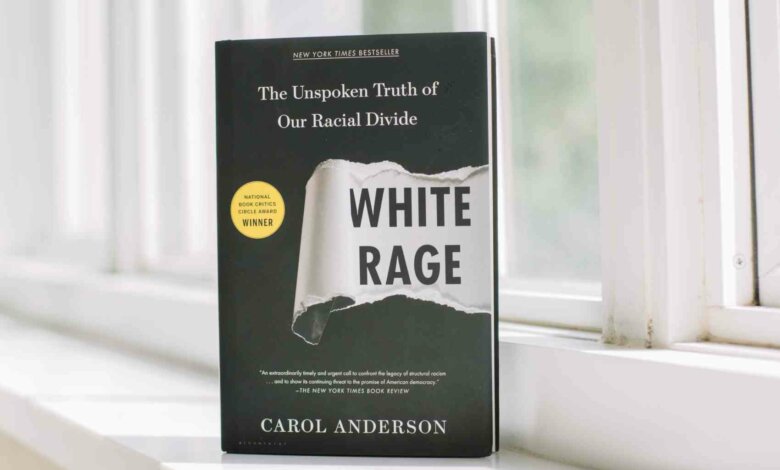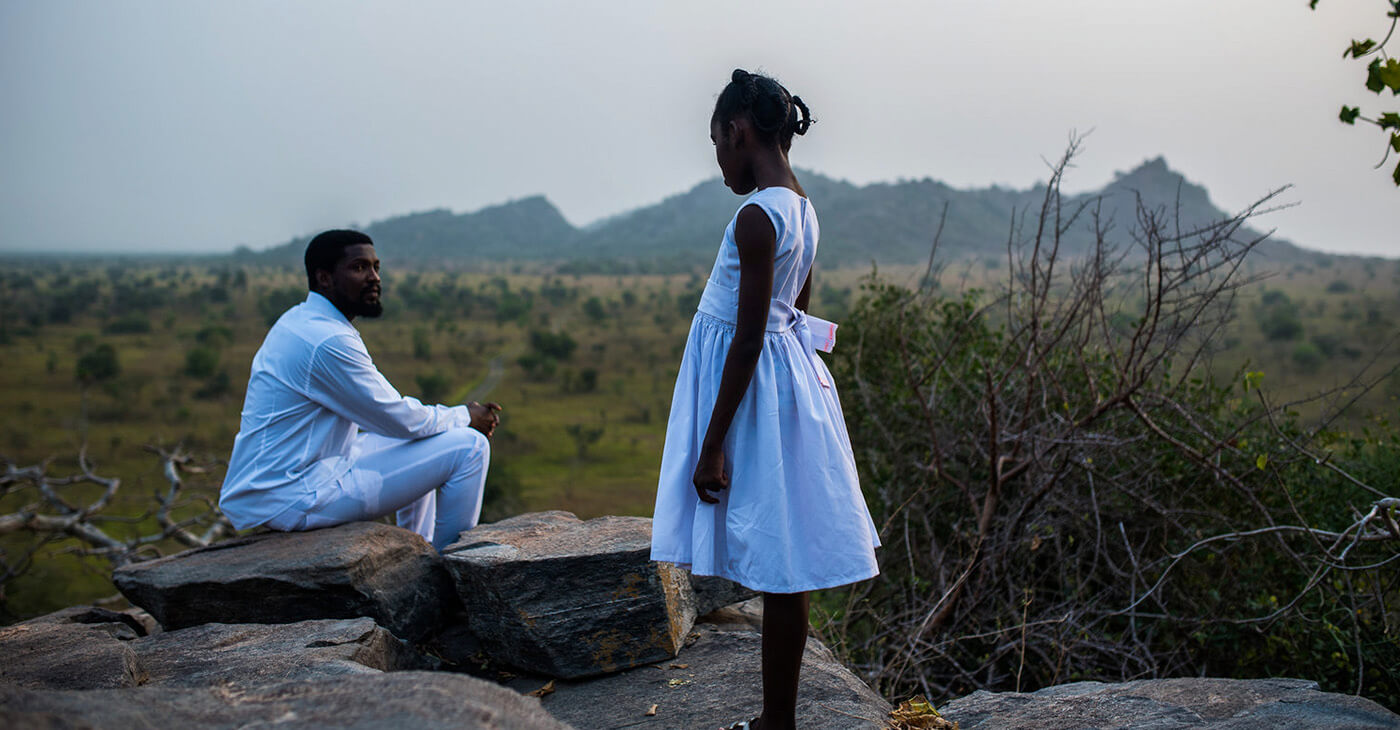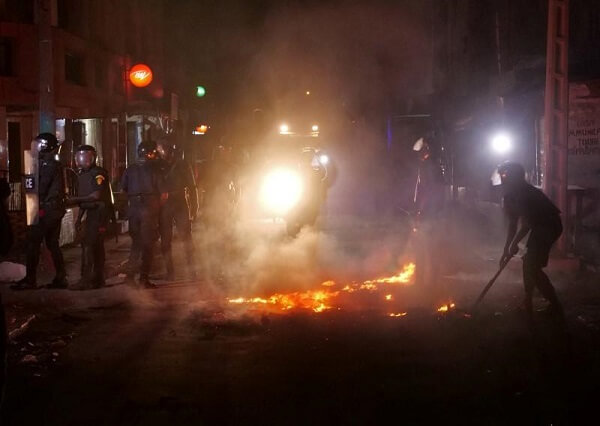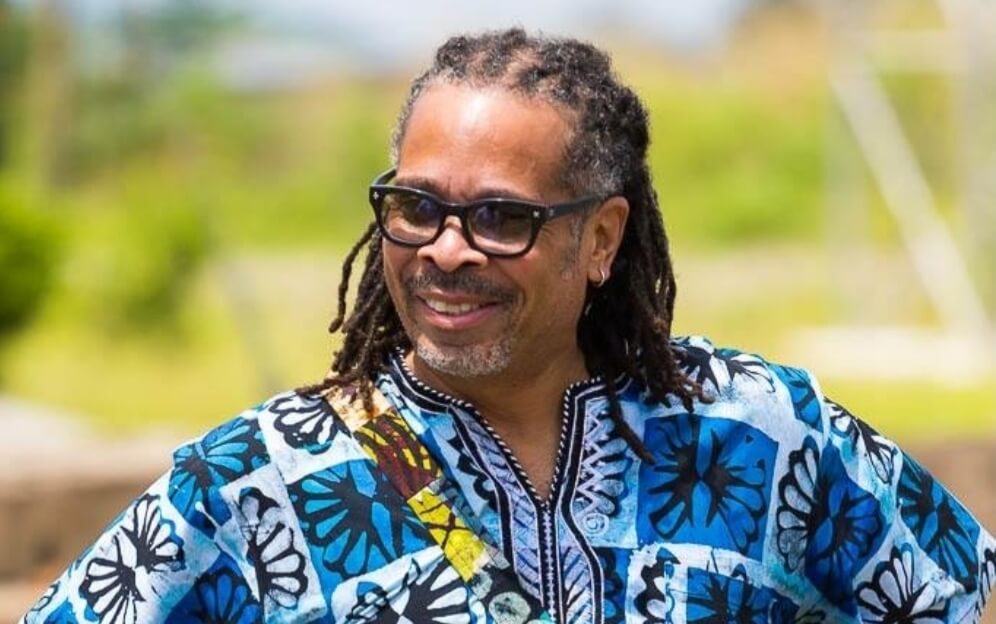20 Must Read Books on Race & White Privilege

Many have talked about how they may be an ally for Black people since the murder of George Floyd. This year’s Black History Month (February), in particular, was a crucial opportunity to continue that effort.
Activists and respected scholars say it’s no longer enough for allies to say they’re “not racist,” in this moment. Instead, they must actively practise anti-racism, a set of beliefs and behaviours that oppose racism and support the inclusion and equality of Black and brown people in society.
So, which publications are you supposed to read? Business Insider contacted Black professors and scholars at universities across America to learn about their favourite books. They also listed some popular anti-racism books that readers are currently reading online at local libraries.
1. “So You Want to Talk About Race” by Ijeoma Oluo
In this bestseller, Seattle-based writer Ijeoma Oluo prompts people of all races to start having honest conversations about race, giving readers handy phrases and questions to start unpacking racism within their own social networks. She tackles subjects ranging from intersectionality to microaggressions, or subtly racist remarks or actions.
2. “The New Jim Crow: Mass Incarceration In The Age of Colorblindness” by Michelle Alexander
In “The New Jim Crow,” legal scholar Michelle Alexander argues that “we have not ended racial caste in America; we have merely redesigned it.” Jim Crow laws were state and local laws created in the late 1800s and early 1900s that enforced racial segregation and encouraged the disenfranchisement of black people in the US.
3. “White Fragility: Why It’s So Hard for White People to Talk About Racism” by Robin DiAngelo
In this best-selling book, academic, lecturer, and author Robin Diangelo explores the defense mechanisms white people commonly employ when challenged on their assumptions about race. These counterproductive reactions, Diangelo explains, prevent white people from having much needed conversations to usher in progress.
4. “Racism without Racists: Colorblind Racism and the Persistence of Racial Inequality in the United States” by Eduardo Bonilla-Silva
In this book, Bonilla-Silva makes a powerful argument against the idea that race doesn’t exist, or that being “colorblind” is an appropriate solution to racism.
5. “Two Faced Racism: Whites in the Backstage and Frontstage” by Leslie Picca and Joe Feagin
“Two-Faced Racism,” published in 2007, features more than 600 journal entries of racial events kept by white college students at 28 colleges in the US. It exposes how closely held racist beliefs are still very much a part of American culture.
6. “How to Be Less Stupid About Race: On Racism, White Supremacy and the Racial Divide” by Crystal Fleming
“I wrote the book to help people understand the historical roots of white supremacy and to be able to draw connections between past and present racism. The last chapter includes 10 concrete steps that everyone can take to help dismantle systemic racism,” Crystal M. Fleming
7. “The Ethnic Project: Transforming Racial Fiction into Ethnic Factions” by Vilna Bashi Treitler
In The Ethnic Project, Bashi Treitler considers the ethnic history of the United States from the arrival of the English in North America through to the present day. Tracing the histories of immigrant and indigenous groups. She shows how each negotiates America’s racial hierarchy, aiming to distance themselves from the bottom and align with the groups already at the top. But in pursuing these “ethnic projects” these groups implicitly accept and perpetuate a racial hierarchy, shoring up rather than dismantling race and racism.
8. “Race and Racisms: A Critical Approach” by Tanya Golash Boza
Race and Racisms tackles critical topics including how and when the idea of race was created, how it developed, and how structural racism has created inequality.
9. “Racist America: Roots, Current Realities, and Future Reparations” by Joe Feagin
Joe Feagin incorporates more than 200 recent research studies and reports in his book, which illustrates the origins of racism in the US, and how it still pervades white culture today.
Read Also 10 Great Picture Books to Learn about Africa
10. “White Rage; the Unspoken Truth of Our Racial Divide” by Carol Anderson
“White Rage” explores how there has been strong White backlash each time Blacks in America made progress. The book is a critical reflection of why racism persists in the United States, including things that enrage white people about racial issues. In the book, it is evident that no matter what happens in America, including the most open outrages like police killings of Blacks, Whites never seem interested.
11. “Medical Apartheid: The Dark History of Medical Experimentation on Black Americans from Colonial Times to the Present” by Harriet Washington
This book provides a full context and comprehensive understanding of the history and present of medical experimentation and the mistreatment of Blacks in the medical industrial complex. She covers a wide range of areas, from academic pseudoscience to the medical atrocities committed by the government and armed forces, prisons, and private institutions.
12. “The Hollywood Jim Crow: The Racial Politics of the Movie Industry” by Maryann Erigha
“My book highlights the ubiquity and implications of underlying beliefs about race and value, inferiority/superiority, profit/loss, desirability/undesirability, that are pervasive among whites in Hollywood and that influence their decision-making about what movies get made, for how much, and under what conditions” – Maryann Erigha
13. “Code of the Street” by Elijah Anderson
In the “code of the street,” Yale professor Elijah Anderson, presents an explanation for high rates of violence among black teens in the US. Anderson explains how living in impoverished areas without access to economic opportunities, being separated from mainstream society, as well as persistent discrimination was linked with anti-social attitudes and and violent behavior in black teens.
14. “The Mis-Education of the Negro” by Carter Woodson
Carter Godwin Woodson was an American historian, author, journalist, and one of the first scholars to study the history of the African diaspora. In this book, he argues that black people were being indoctrinated, rather than educated, in American schools, and that black Americans needed to educate themselves on the history of race and racism.
15. “UNESCO General History of Africa, Vol. I by Joseph Ki-Zerbo and Vol. II” by G. Mokhtar
The United Nations Educational, Scientific, and Cultural Organization (UNESCO) has put together comprehensive titles on the history of Africa and its people that are useful for any American of any color to read. These works help the reader overcome the poor historical education that most Americans get when it comes to Africa
16. “Black Wealth/White Wealth” by Melvin Oliver and Thomas Shapiro
In “Black Wealth/White Wealth,” sociological researchers Oliver and Shapiro capture just how large the wealth gap is between black and white Americans. This book helps people of all races begin to understand that it was white America that systematically chooses for us to have almost all black, low-income, ‘ghetto areas.’ Equally important, this imposed reality means that black children are born at a disadvantage, in the vast majority of cases, through no fault of their own.
17. “Stamped: Racism, Antiracism, and You,” by Jason Reynolds and Ibram X. Kendi
“Stamped,” a young adult nonfiction book, is another popular title among readers, according to Overdrive. In this book, Reynolds, renowned young-adult author, reimagines Kendi’s bestseller for a younger audience. The book explores how the history of racism is inextricably linked to the creation of the US.
18. “Just Mercy,” by Bryan Stevenson
In “Just Mercy,” Stevenson tells his incredible story of creating the Equal Justice Initiative, a legal practice to help those most desperate and in need, like the wrongly condemned. One of his first clients was Walter McMillian, a young man sentenced to death for a murder he said he didn’t commit. The story of Stevenson’s fight for justice was turned into a major motion film.
19. “Black Like Me” by John Howard Griffin
In the Deep South of the 1950s, journalist John Howard Griffin decided to cross the color line. Using medication that darkened his skin to deep brown, he exchanged his privileged life as a Southern white man for the disenfranchised world of an unemployed black man. His audacious, still chillingly relevant eyewitness history is a work about race and humanity-that in this new millennium still has something important to say to every American.
20. “The Destruction of Black Civilization” by Chancellor Williams
The Destruction of Black Civilization took Chancellor Williams sixteen years of research and field study to compile. The book, which was to serve as a reinterpretation of the history of the African race, was intended to be a general rebellion against the subtle message from even the most ‘liberal’ white authors.
Read original article here.
Abeeb Lekan Sodiq is a Managing Editor & Writer at theafricandream.net. He’s as well a Graphics Designer and also known as Arakunrin Lekan.





